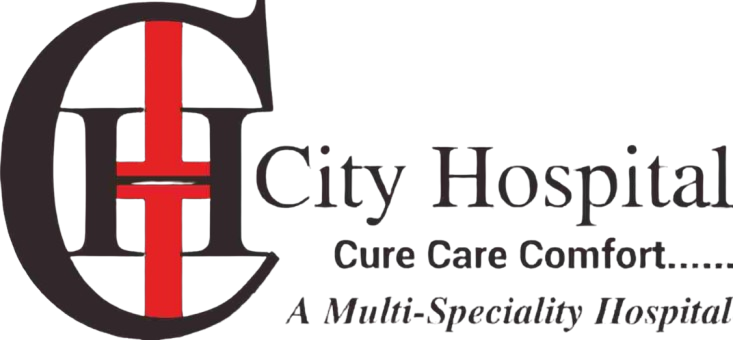

Preeclampsia is a serious pregnancy complication characterized by high blood pressure and damage to organs, typically the kidneys. It can develop after the 20th week of pregnancy and poses risks to both the mother and the baby. At City Hospital, we are committed to providing expert care and support for managing and treating preeclampsia, ensuring the best possible outcomes for both mother and child.
What Is Preeclampsia?
Preeclampsia is a condition that occurs during pregnancy, usually after the 20th week, and is marked by elevated blood pressure and signs of damage to other organs, often the kidneys. It can lead to serious complications if left untreated, including eclampsia, a severe form of preeclampsia characterized by seizures, and other health issues for both the mother and the baby.
Common Symptoms of Preeclampsia
The symptoms of preeclampsia can vary, but common signs include:
Risk Factors for Preeclampsia
While the exact cause of preeclampsia is unknown, several factors may increase the risk of developing this condition: